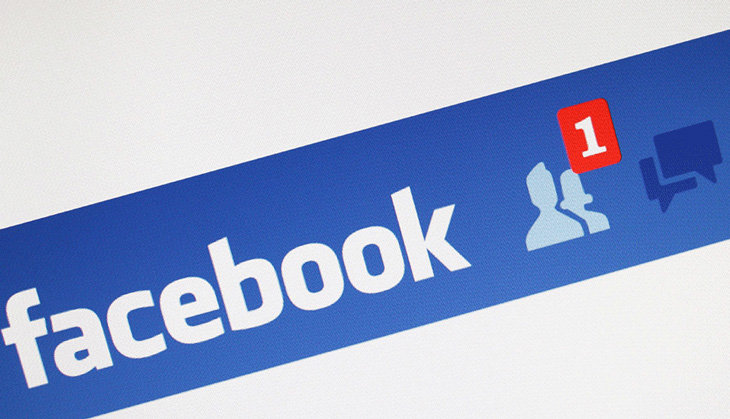Is it ok for lawyers to have FaceBook friends who are judges? Francis Pileggi, a Delaware corporate litigator writes about a recent Ohio professional ethics opinion that says it’s alright that FB friends are different than real friends, which is sometimes true and sometimes not. (Blog Post here)
Lawyers Use FB to Argue
The problem is that it assumes that FB is used by the lawyer only for personal matters and fails to consider just how much influence someone might wield from their posts. I wouldn’t want my adversary posting matters relevant to my case so that they can be read by the judge, nor would I want him or her to use FB posts to build credibility.
Many of us link our blogs to our FB pages, and the blogs can be used to argue in ways that might just sway a judge’s thinking. Certainly a judge can go find a blog, and many do since they are starting to turn up as citations in legal opinions. But do we want the judge hearing our case to continually be impressed with just how brilliant our adversary is while he or she is looking to see what’s new with the kids.
And what about tweets, or any of the other social media that influences our thinking, sometimes subtly, sometimes not. It is true that none of us live in a vacuum and that judges read and hear things that are not in the court papers and that are likely to influence their thinking. And in my experience, judges are capable, and usually do, put aside friendships, likes and dislikes for the parties in the course of a lawsuit.
Still, it’s easy to see how the not-so-scrupulous lawyer could use FB access to infliltrate a judge’s network, work his groups, find his friends, post frequently and sway the outcome of a case.
Our Clients Will See it Differently
As lawyers with the mindset that we develop through law school and years of practice, it’s not that difficult to separate FB friendship, or any of the other many contacts that judges have with lawyers outside the courtroom, from the substance of our case. Not so with civilians. I have no doubt that my non-lawyer clients would look at the explanation of why it’s ok with gaping mouth, convinced yet again that the legal profession is failing to reflect the standards that the public would expect.
 The Business Divorce Law Report
The Business Divorce Law Report



